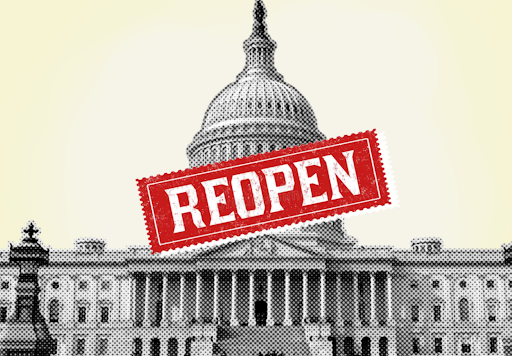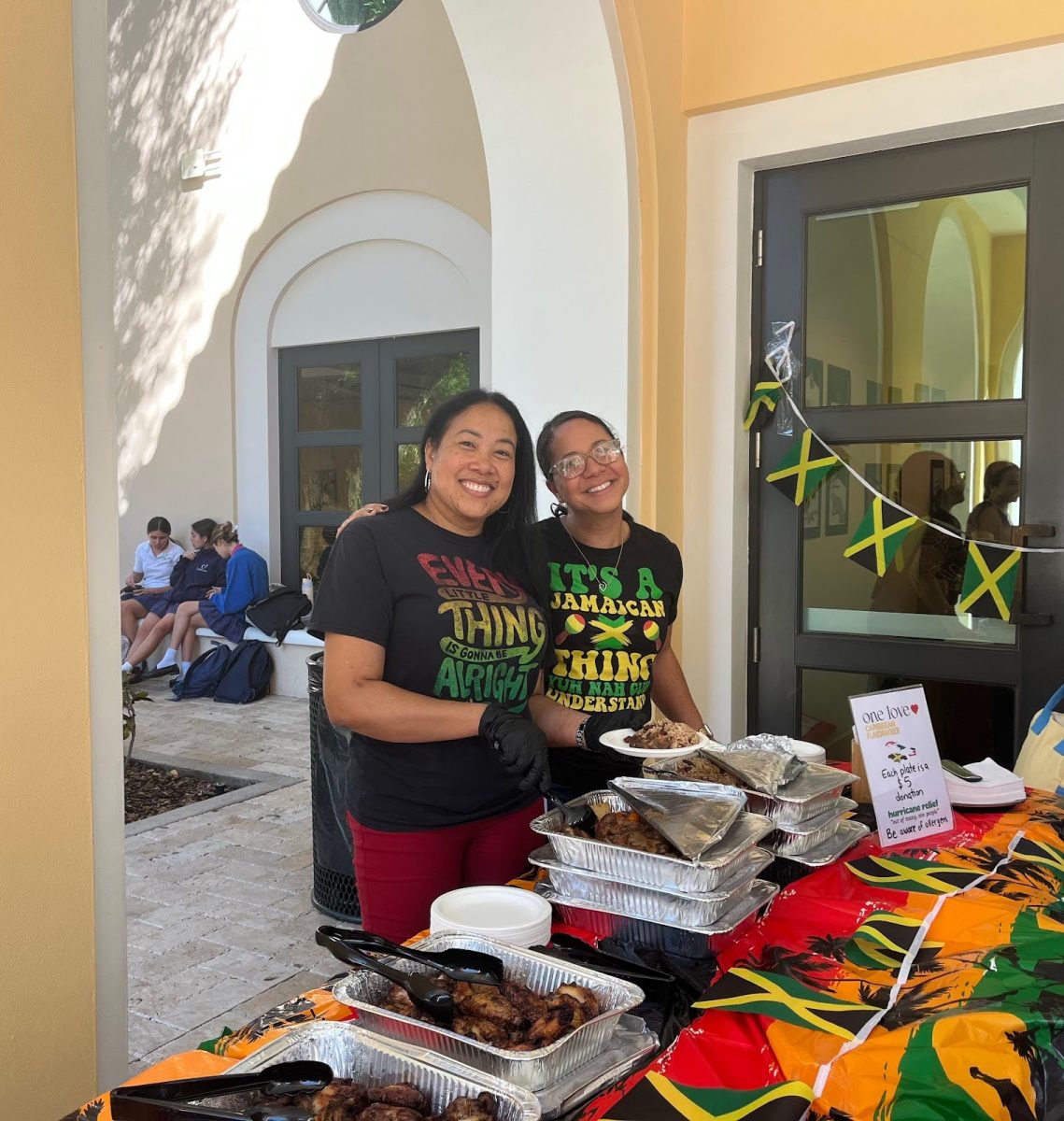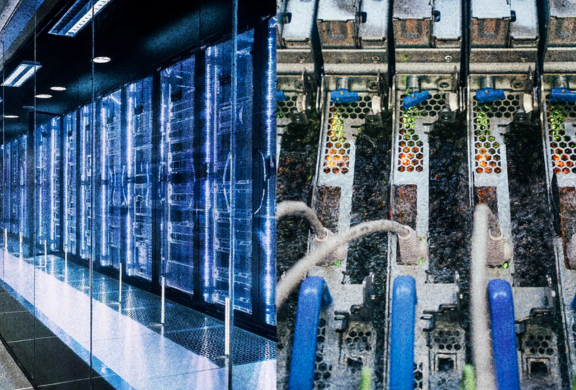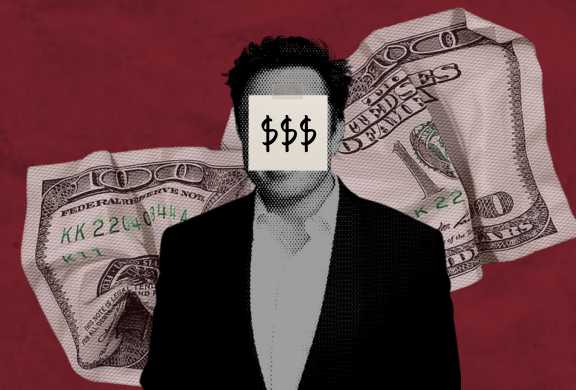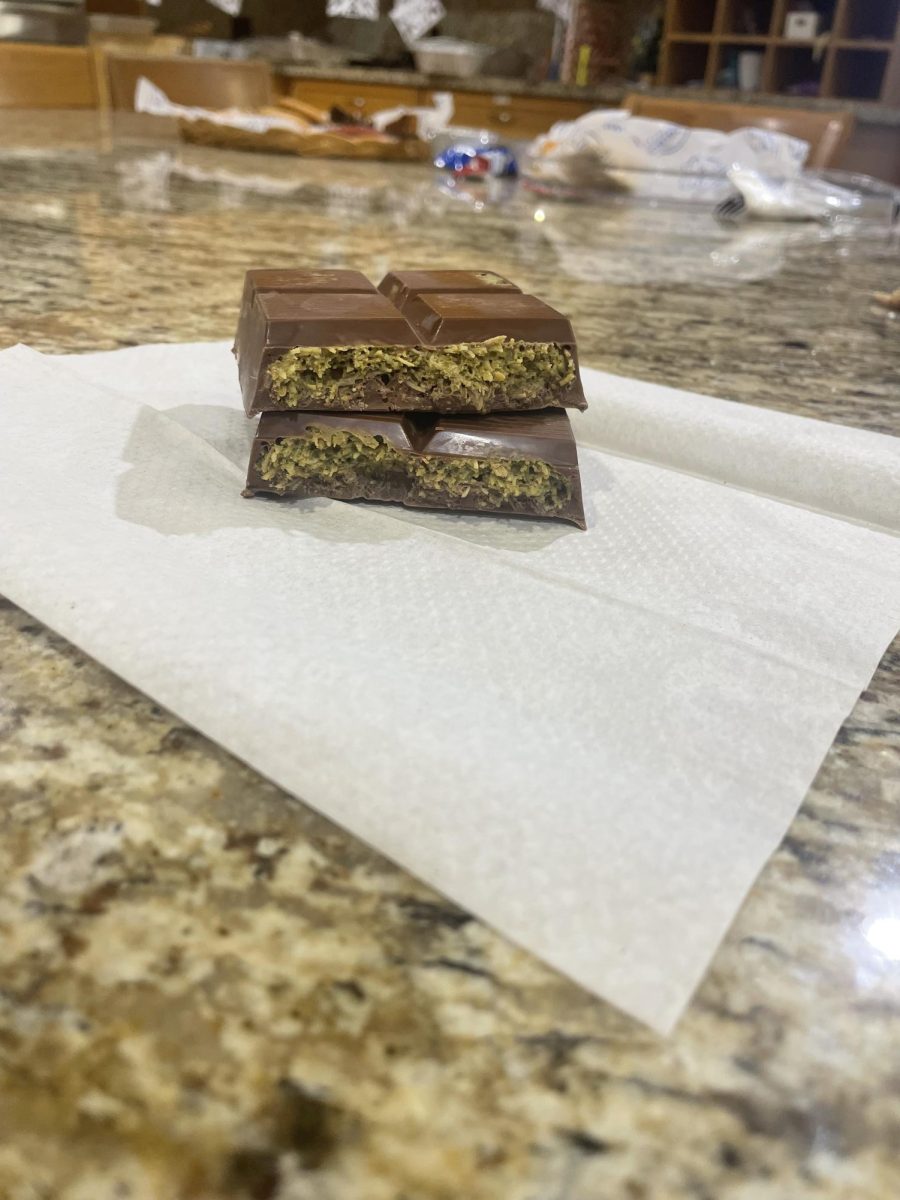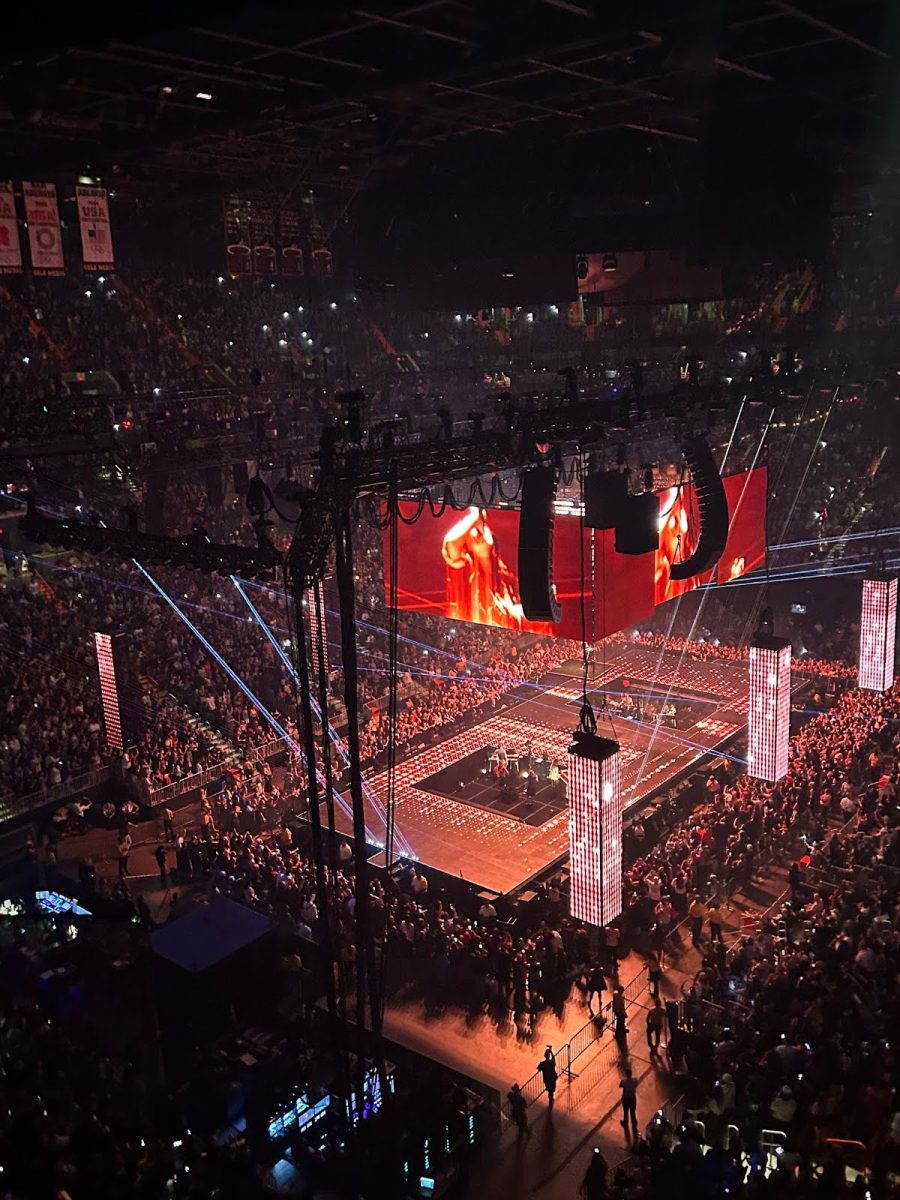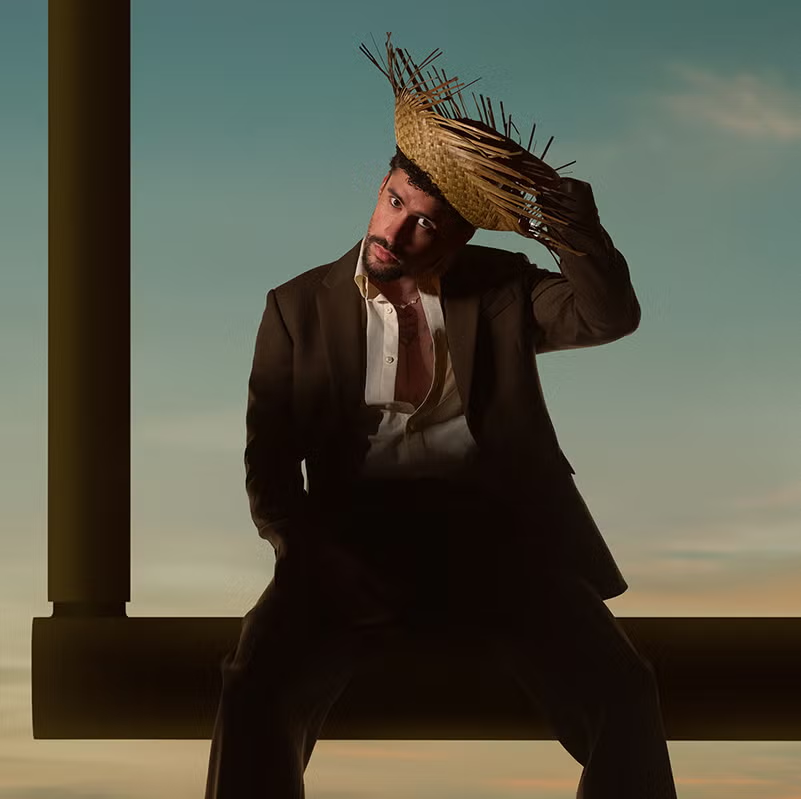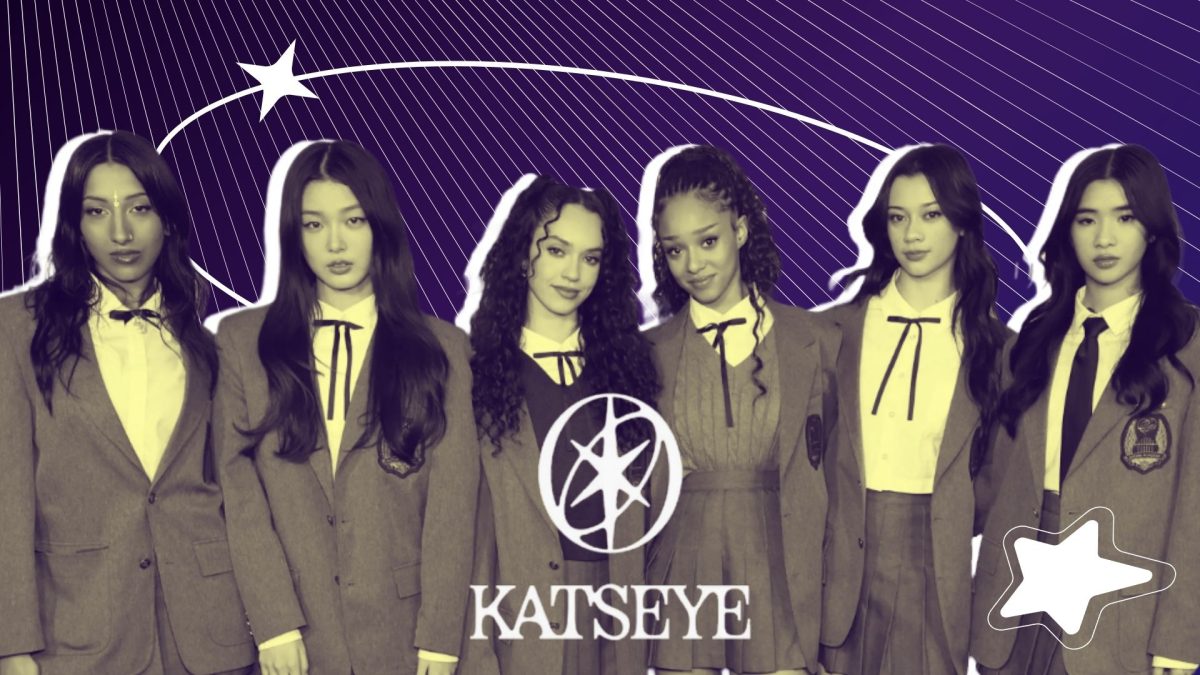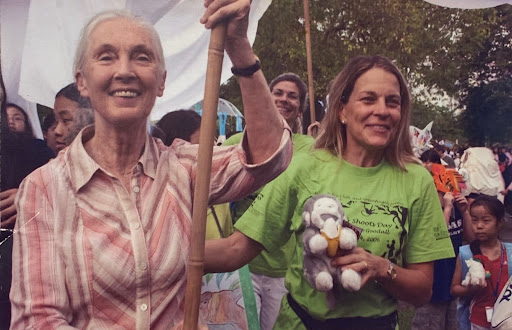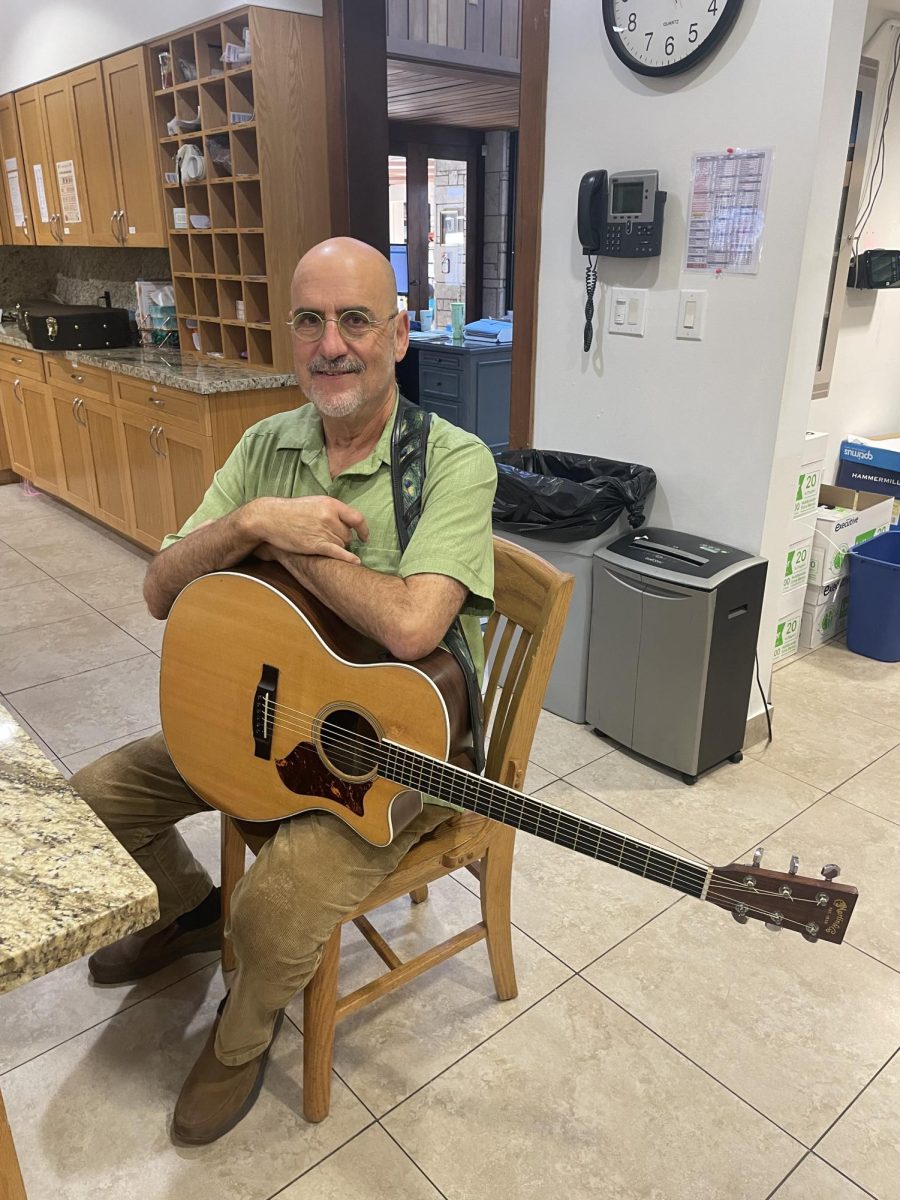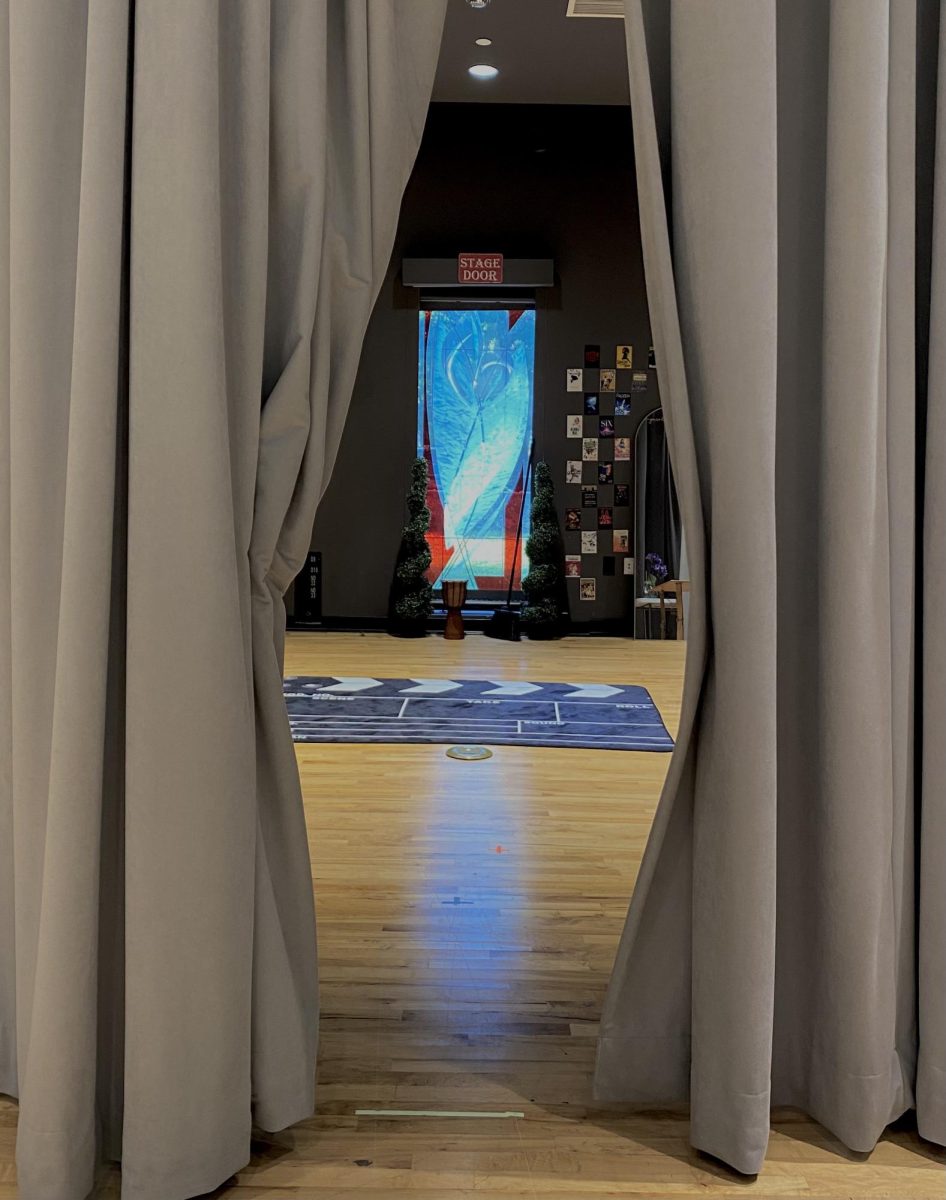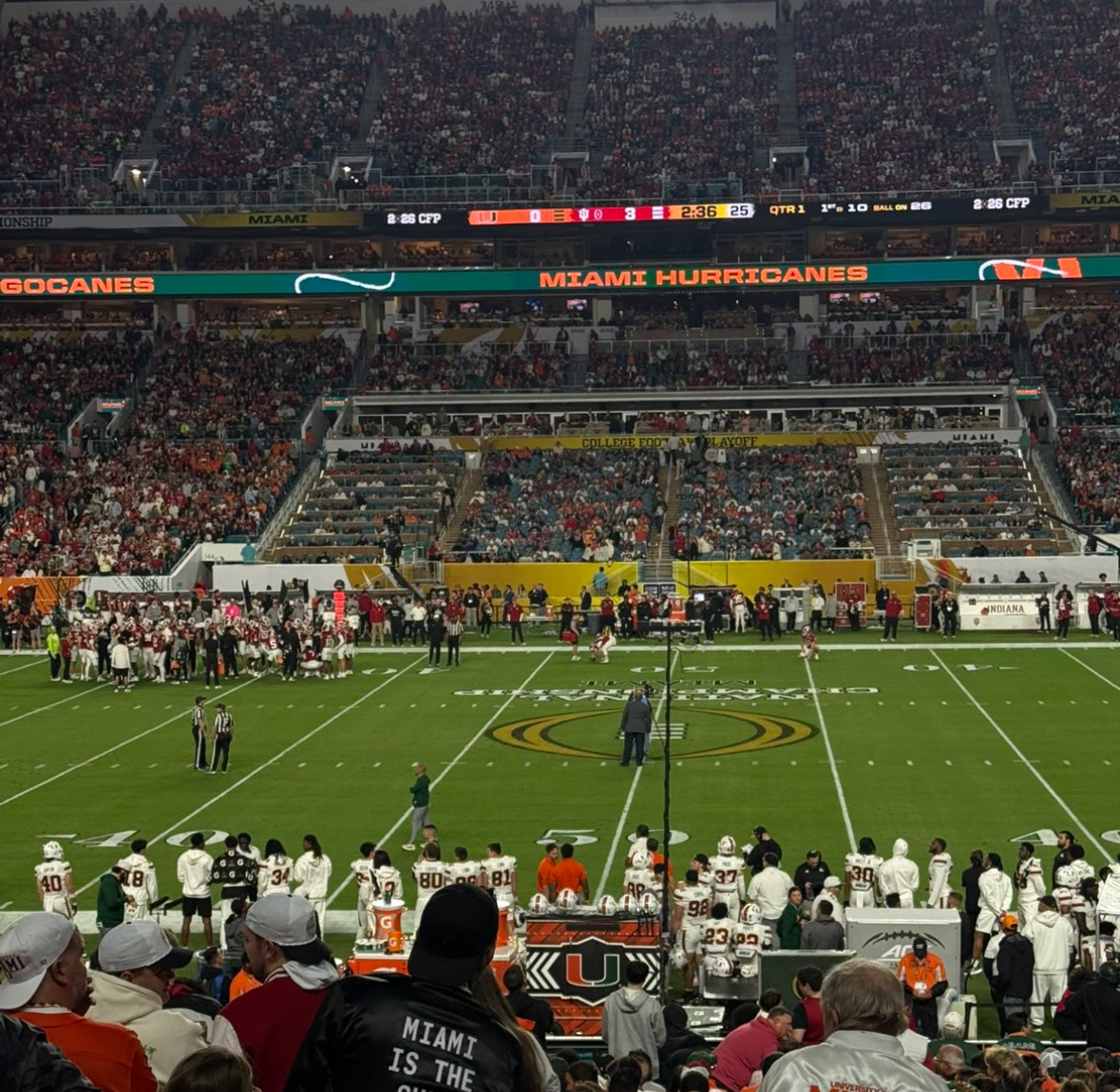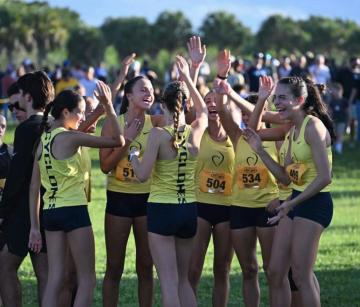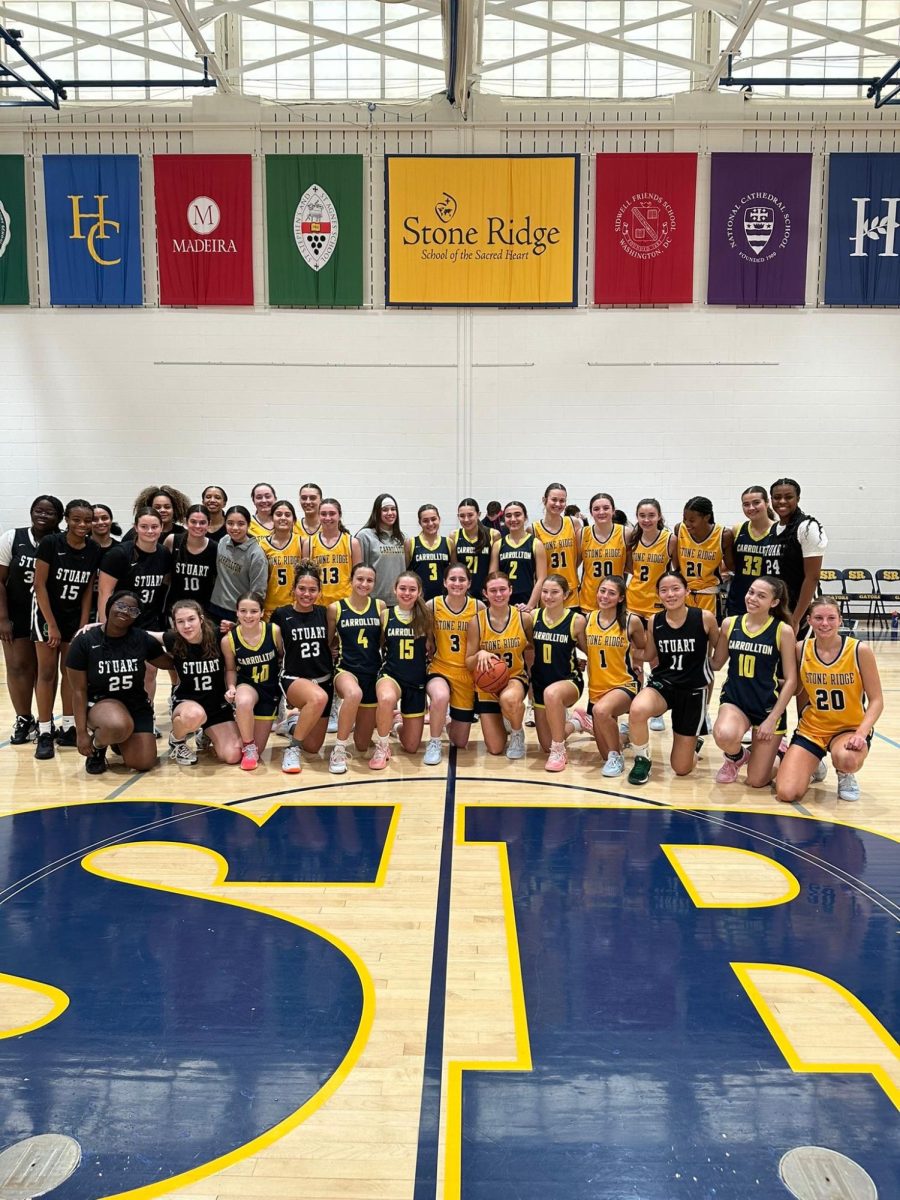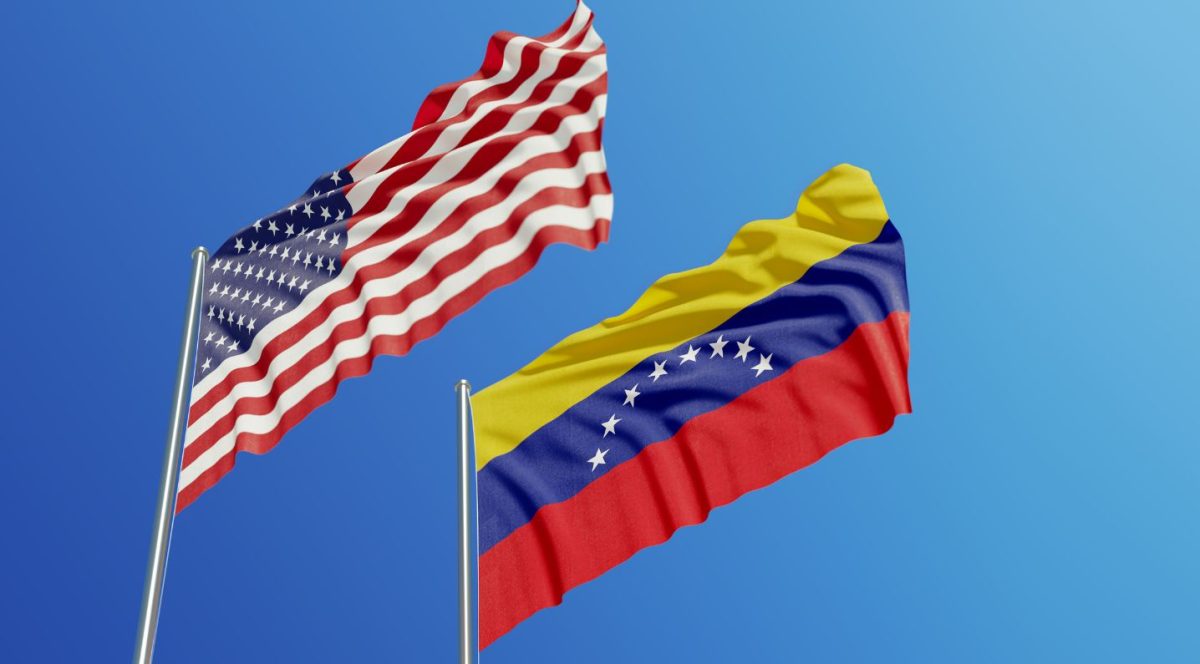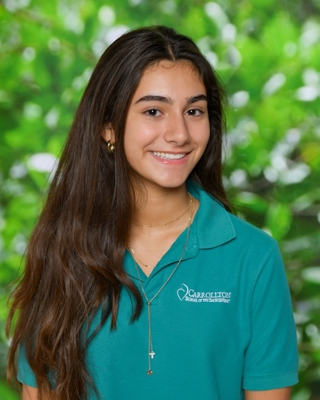For many Venezuelan families in Florida, recent immigration policy changes have sparked anger, fear, and a deep sense of betrayal. The Trump administration’s decision in February to end Temporary Protected Status (TPS) for Venezuelans, which affects more than 300,000 people, left them feeling abandoned and at risk of deportation. Venezuelans have been granted TPS in the United States since March 9, 2021. This was implemented due to humanitarian crises in the country, including widespread hunger, malnutrition, a crumbling infrastructure, and political repression in Venezuela.
The Trump administration, under Department of Homeland Security Secretary Kristi Noem, attempted to terminate the 2023 TPS designation for Venezuela, citing improved conditions in the country. The revocation of TPS was set to take effect on April 7. However, in March, a federal judge delayed the move and “Venezuelans enrolled in TPS through the 2021 designation are slated to keep their status through at least September.”
Nevertheless, the Trump administration’s efforts to end TPS along with its recent deportations of Venezuelans to prisons in El Salvador have made many Venezuelans in the U.S. uneasy.
Recently, Trump invoked “the Alien Enemies Act, a law not invoked since World War II, to send many of the Venezuelans” to maximum security Salvadoran prisons. His stated goal was to remove individuals involved in criminal activities and members of the violent gang Tren de Aragua. However, lawyers and family members of deportees worry that people are being unfairly deported based on misinterpreted tattoos or political views.
Less than a year ago, when Trump was campaigning for his second term, many Venezuelans in the U.S. believed Trump was an ally, especially as he openly criticized the Maduro regime.
“A lot of Venezuelan people voted for Trump because he promised them that he would help us,” said Venezuelan Fabiana Lauria ‘28, “but then all of a sudden, he’s making all these new immigration policies and kind of directing them towards Venezuelans even after all these people voted for him…They just feel betrayed.”
Upper School Spanish teacher Señora Burelli, who is from Venezuela, understands the need to control illegal immigration. “I know that my country has sent criminals [to the U.S.],” she said.
However, she hopes law-abiding immigrants will be allowed to stay. “There are a lot of people who have come here to find a way of living because they can’t live [in Venezuela],” she said. “They are honest, hardworking people. [The government] should check into each person to decide if they have to be deported or not, not just put them all together.”
Venezuelan student Emilia Borges ‘27 also believes that not all immigrants should be judged by the actions of a few. “I feel this whole new system of immigration is really unfair and unjust because it’s generalizing a huge group of people by just one specific thing—criminals,” she said. “I get that Trump wants to get rid of criminals in America, but he needs to pay attention to the different groups inside of that whole generalization of immigrants.”
For now, the fear and uncertainty is building up. Upper School Religion teacher Mrs. Baumgartner knows people who are personally affected. “I have friends who are Venezuelans who are here on TPS status,” she said. “They’re very worried and afraid.”
For Venezuelans in the U.S., this isn’t just about politics but about families, futures, and facing deportation. For many students at schools such as Carrollton, it means worrying about friends whose families may have to leave. It means wondering if the place they call home and what they came here for will still be here for them.
Lauria wants others to have the opportunity she and her family members had when they came to the U.S. years ago. “I’m hoping that these people will get a chance to make a life in America,” she said.


